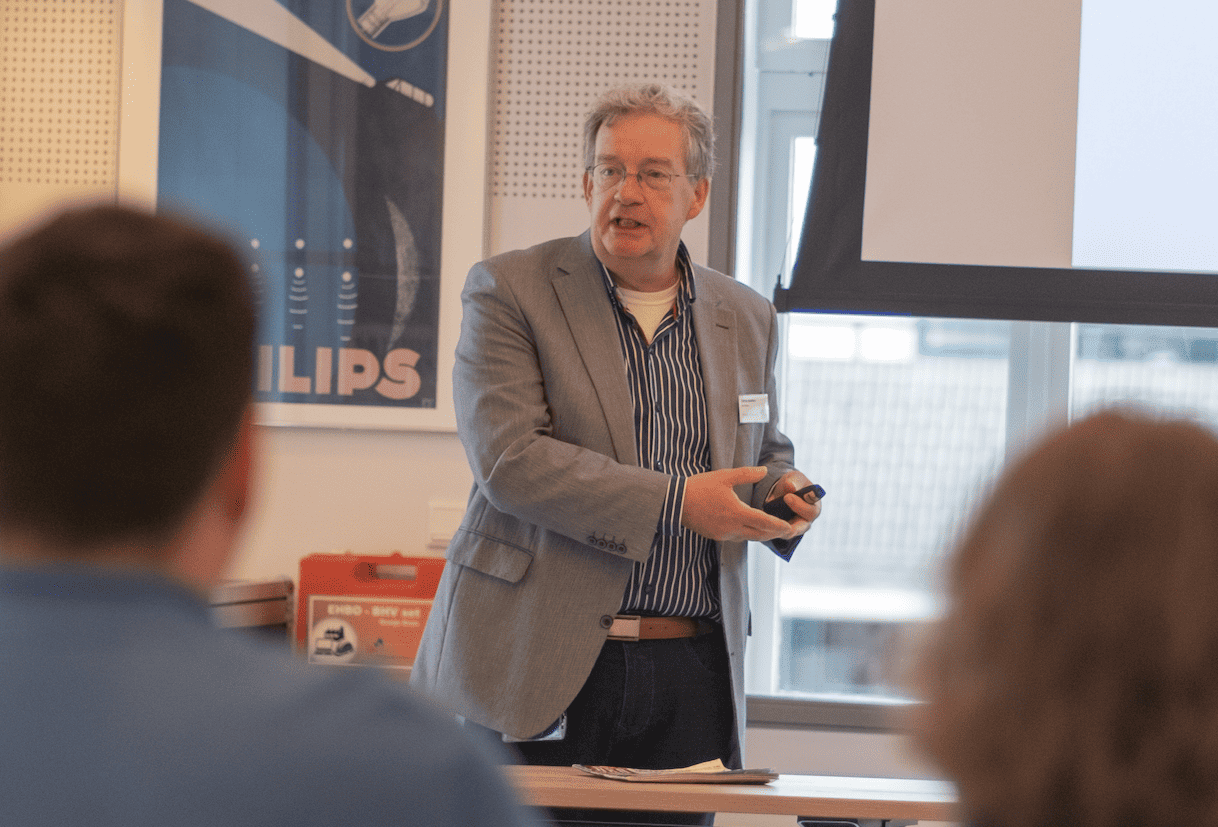
In an interview with Forbes, Neelie Kroes encourages Dutch start-ups to, above all, develop in time. Contrary to the conventions in other countries, Kroes doesn’t believe that aspiring to having “our own Silicon Valley” here in the Netherlands is advantageous. She also says that Dutch start-ups are still struggling with a kind of inferiority complex and suffer from a culture where failing is not desirable.
In the Forbes article, which emphasises that the Dutch tech start-up scene is concentrated around Eindhoven, Kroes explains how the Netherlands and Europe benefit from the start-ups that relocate to the United States:
According to Neelie Kroes, special envoy for Dutch startups, her country sees a strong argument for giving its innovators the opportunity to take flight for greater opportunities in other nations, rather than trying to keep them at home. “They will start to develop their business in the U.S., then enlarge their market to Europe again,” says Kroes. “It’s a global thing.”
Forbes uses the examples of companies such as Shapeways, Mendix and AdYen. According to Forbes, Kroes’ encouragement may be difficult for traditional developers to understand, but, given the situation in the Netherlands, it does also make sense. The Dutch market is simply too small to hope to create its own Silicon Valley.
Kroes is only too aware of the start-up situation in the Netherlands. But, at the same time, there are two large obstacles that also need to be overcome: our innate modesty and our fear of failure. Kroes: “It is a general attitude of Dutch people that you don’t profile yourself as being successful.” This is definitely a huge disadvantage in comparison to American start-ups, especially when it comes to finding investors.
The same goes for our willingness to take risks. Kroes believes that this is too small at the moment in the Netherlands. “The culture of failing is far more accepted in the United States. You need failure to be successful in your next step. That is not really accepted in general terms in the Netherlands yet.”
Forbes already praised Eindhoven as one of Europe’s five “fertile innovation hotspots for trailblazing entrepreneurs” the day before. Forbes:
It has been described as one of the world’s most inventive cities, thanks largely to its prolific patent activity; patent intensity being the yardstick of innovation used by the OECD. Home to successful startups such as Shapeways, the 3D printing marketplace, and Gynzy, an interactive education enterprise, Eindhoven has become renowned as a centre for hardware design and high-tech innovation. At the heart of it sits the High Tech Campus, a base for more than 130 businesses, and 10,000 researchers and entrepreneurs, and Startupbootcamp, the biggest network of startup high-tech startup accelerators in Europe, has its Startupbootcamp HighTechXL branch located there, making it an ideal spot for any entrepreneur who wants to be surrounded by technical brilliance.
(Photo: Neelie Kroes during a visit to the High tech Campus earlier this year)









